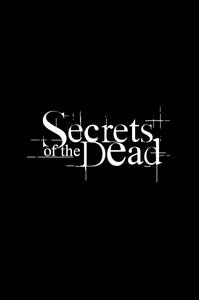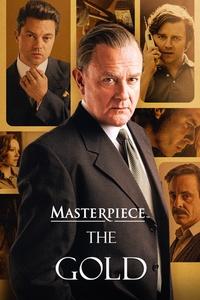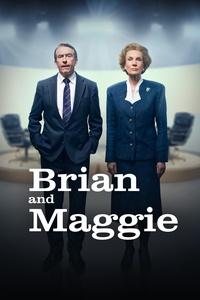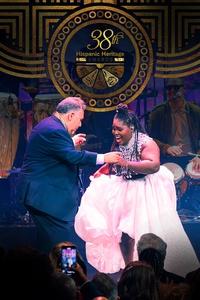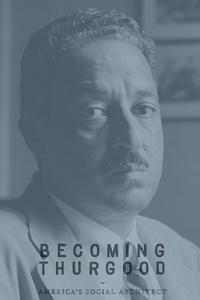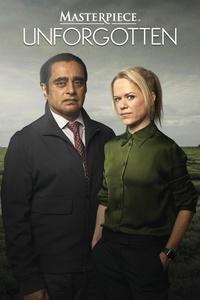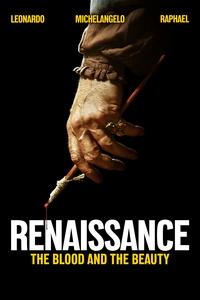The True Welcome (1929-1935) -
jazz
Amid the hard times of the Depression, a new dance, the Lindy Hop, begins to catch on at the dance halls of New York. The reminiscences of two of Harlem's greatest dancers, Frankie Manning and Norma Miller, help frame this episode. Louis Armstrong begins to sing on stage; though his career suffers from a string of bad luck, his trumpet playing and singing continue to astonish listeners. Duke Ellington's band begins to appear in Hollywood films, and he provides audiences in America and abroad with an image of elegant sophistication. The privileged young writer and music producer John Hammond promotes jazz and social justice with equal zeal. Benny Goodman becomes a successful bandleader, Fats Waller becomes one of the most popular entertainers in the country and pianist Art Tatum brings a dazzling virtuosity to the music. As swing dancing catches on, a new kind of big band jazz begins to emerge.
Duration: 1 hour 58 minutes and 7 seconds
Episode Number: 104
No future air times were found for this episode.
About Jazz:
Jazz is born in the unique musical and social cauldron of New Orleans at the turn of the 20th century, emerging from several forms of music, including ragtime, marching bands, work songs, spirituals, European classical music, funeral parade music and, above all, the blues.
Musicians who advance early jazz in New Orleans include Creole pianist and composer Jelly Roll Morton, cornetist Buddy Bolden and clarinet prodigy Sidney Bechet.
Composer W.C.
Handy codifies the blues through his popular compositions.
The Original Dixieland Jazz Band makes the first jazz recordings.
Their enormous popularity spreads the sounds of jazz across the country and, eventually, the world.
At the end of the episode, viewers meet an 11-year-old New Orleans boy, Louis Armstrong, who will emerge from the city's toughest streets to become jazz music's greatest star and transform American music.
Watch Jazz - Clips, Episodes & Previews
NHPBS Over-the-Air Broadcast
WENH-TV Ch. 11 Durham
WLED-TV Ch. 48 Littleton
WEKW-TV Ch. 18 Keene
W50DP-D Ch. 50 Hanover
W34DQ-D Ch. 34 Pittsburg
NHPBS Five Channels
NHPBS - 11.1
Explore - 11.2
World - 11.3
Create - 11.4
Kids - 11.5
All of our channels and NHK World Japan are streaming LIVE ONLINE and on the PBS App, available on most devices.
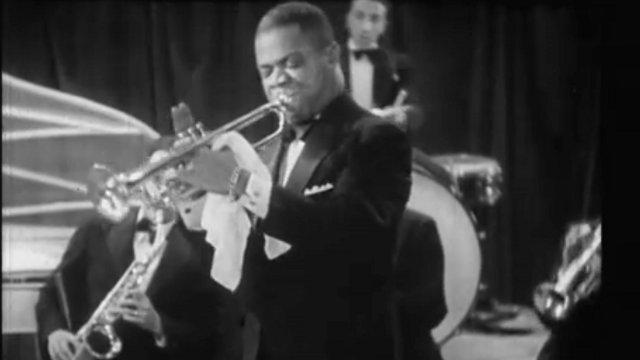 Louis Armstrong Returns to Europe
Louis Armstrong Returns to Europe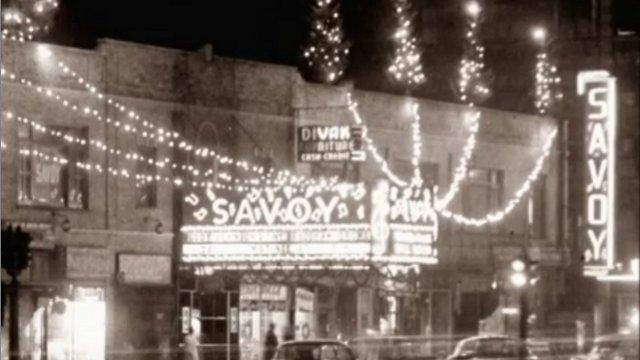 The Savoy Ballroom
The Savoy Ballroom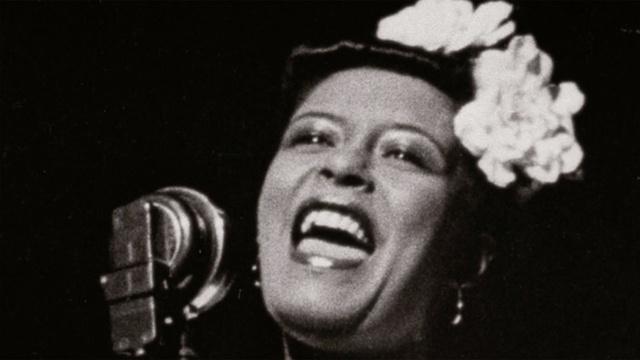 Swing: The Velocity of Celebration
Swing: The Velocity of Celebration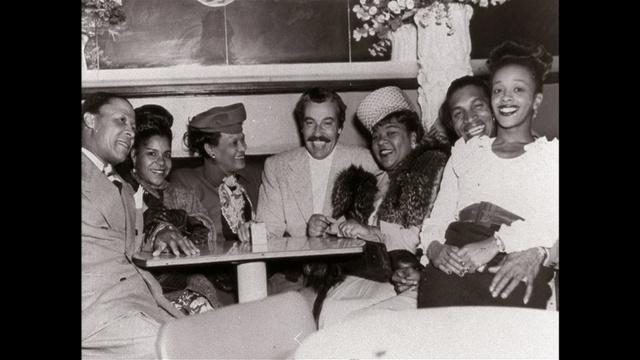 Swing: Pure Pleasure
Swing: Pure Pleasure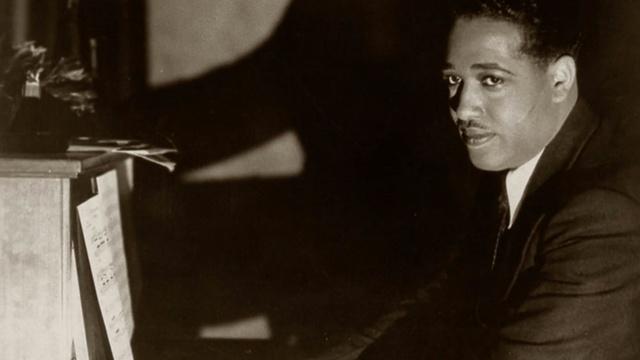 The Gift
The Gift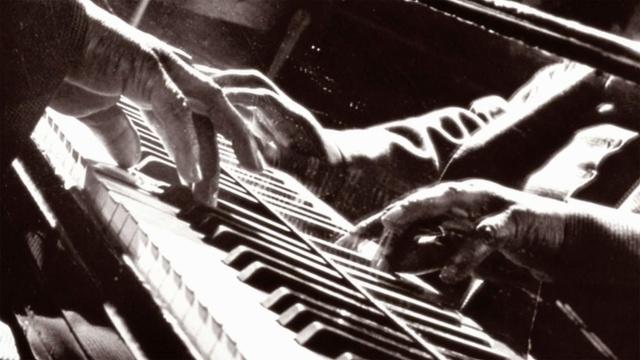 The True Welcome
The True Welcome



![American Masters | Marlee Matlin: Not Alone Anymore [ASL]](https://image.pbs.org/contentchannels/4/DQonQiQxfoWZiaPvAsVCw.jpg.resize.200x300.jpg)
